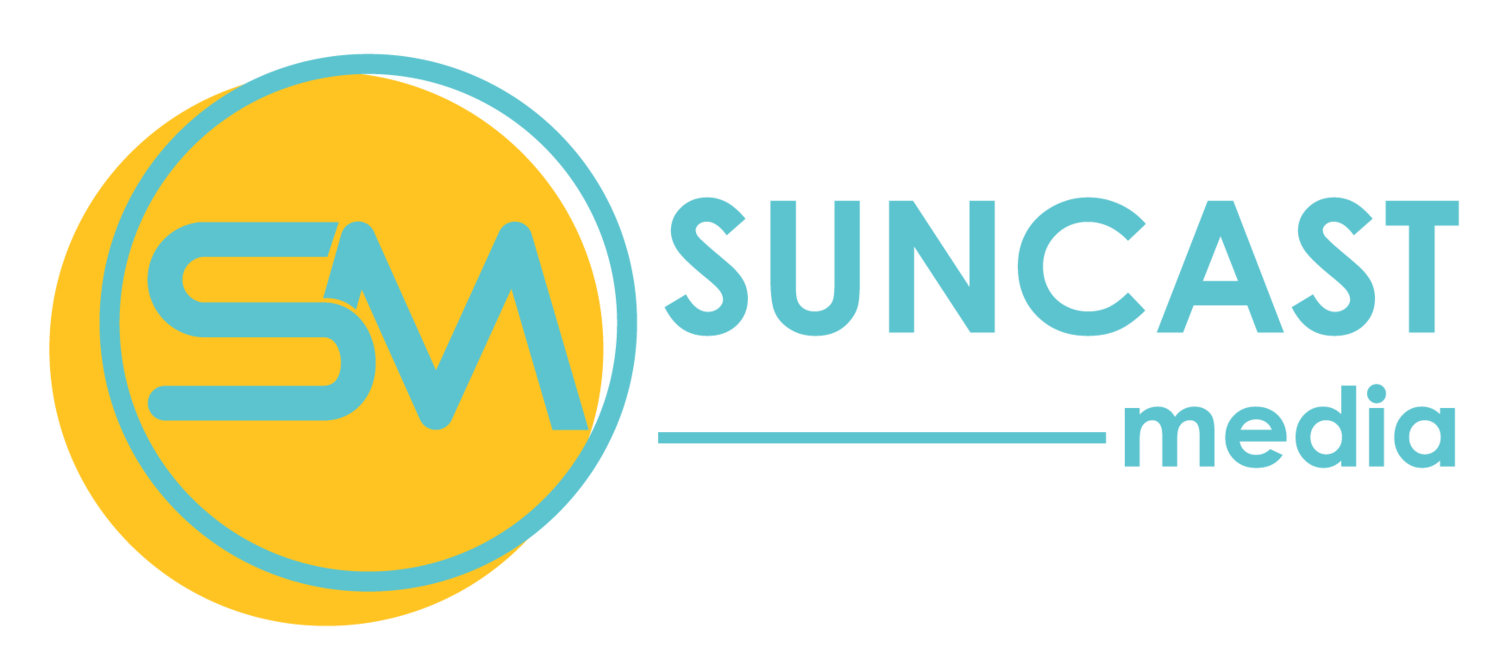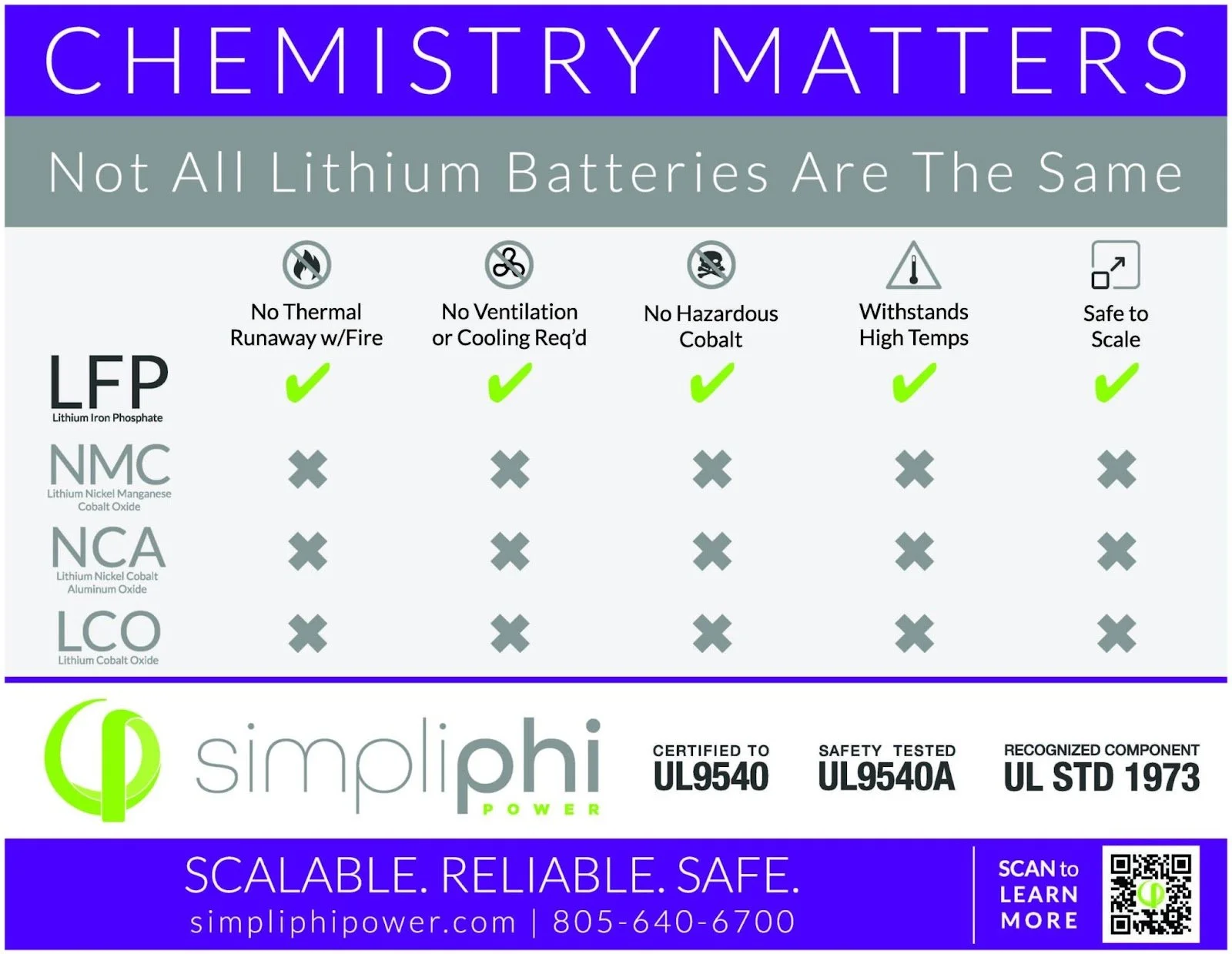We'd love if you'd leave us a 5 ⭐ rating & review and it's never been easier: www.ratethispodcast.com/suncast
Mike Faraone was on the cusp of a Ph.D. when he realized he preferred industry to academia. Intrigued by solar's potential, he returned to his hometown of Fort Myers, Florida, in 2016 for a job at Terrasmart, which is now the renewable energy arm of Gibraltar Industries.
Terrasmart is a leader in the world of ground screws. And while that might not resonate with all solar warriors, it caught Mike's attention.
With a bachelor's degree in civil engineering and a Master's and Ph.D. in geotechnical engineering, he has a deep understanding of what’s lurking under the surface, which makes him the perfect candidate to help me understand why ground screws matter and what factors to consider when evaluating their use.
Within a year at Terrasmart, Mike proved his worth, quickly earning a promotion to engineering director from a geotechnical engineer, and garnering the nickname "Dr. Dirt".
"It's a term of endearment and recognition at the same time," he said, adding he even has a ping-pong jersey with "Dr. Dirt" on the back!
Dr. Dirt, aka Mike, stands at the intersection of an interesting conundrum: How can the industry balance exponential growth against the demand for fewer and fewer "perfect" commercial and industrial development sites?
Because we're running out of the easy, flat terrain of deserts and fertile farm fields prevalent a decade ago, utility-scale solar developers are turning to rocky, hilly terrain. And, this is where the foundation conversation meets the ground, as it were. Selecting the proper ground-mount foundation will minimize delays, lower costs, and maximize returns on your solar project.
“But Nico, how do I know what is the appropriate option?”, I hear you say?
Have no fear, Mike and his team have compiled a ton of studies and collateral to support the journey you’re on, and we go into greater depth on the episode. The considerations are many, they also fall into pretty general categories. Pile foundations are the most common [footing], but they are not the most effective option for rugged or sloped terrain or unpredictable conditions. The alternative is ground screws — and Mike thinks they make a lot of sense for rugged or sloped terrain. He even has specific examples where what might not look like ‘rugged’ terrain actually is (anybody hit caliche yet!?)
"You've got to build on top of something with any of these sites. So you need to understand what's underground — sand, clay, various types of rock, cobbles, boulders, or even bedrock," he said.
Designs are typically based on a pull test that evaluates the character of the development site soil. A pull test, in simple terms, evaluates the strength or friction required to pull the foundation out of the ground.
"There are methods to estimate the capacity of a foundation, and those tend to be conservative, which means more cost to your project. The ideal situation is installing that foundation and trying to pull out the ground to prove its capacity," he said.
Mike takes the conversation exactly where you'd expect a Tactical Tuesday discussion to go: Into a complete technical examination of pile foundations and ground screws and the relative costs of each.
Terrasmart acknowledges ground screws cost about 26% more than pile systems. However, 40% more ground screws can be installed in one day, reducing deployment time. We go in depth looking at the numbers from a recent white paper Mike co-authored that served as part of my foundation for launching into the discussion.
Mike also touches on foundations in a high-refusal environment. "A refusal is when you're trying to drive a pile to a specified embedment depth underground, and you hit something that impedes you from reaching that impediment. Now you have a problem because you're not meeting an engineering requirement," he said.
To ensure that the pile has the required capacity, you can either do a pull test to verify its integrity or move it slightly and drive it again to see if you can reach the necessary depth. "These are all additional costs that we're talking about at the end of the day," he said.
Price and risk appetite are the main drivers for solar engineering, procurement, and construction (EPC) companies.
"A ground screw upfront costs more. But then you start assessing the sites and talking about risk and who owns the subsurface risk, and you can quantify that risk in terms of the percent of refusals you might encounter on a project," he said.
There's a lot more in today's discussion, so I hope you listen to the podcast in its entirety. And join us every Tuesday for more great conversations with subject matter experts who can offer you practical tools, tips and advice to build your solar business and career.
And below we list, among the many resources that are available, the whitepapers that Mike and Terrasmart has put together to help developers and EPCs make the best decisions for their specific site conditions. Hope you’ll take the time to review them - it sure helped me prepare for this interview! Plus, who doesn’t love charts and graphs!?
Thanks again to this week's sponsor, helping keep the podcast FREE to you!
SUNGROW focuses on integrated energy storage system solutions, including PCS, lithium-ion batteries and energy management system. Pleae visit https://www.mysuncast.com/sungrow
ABOUT THE HOST OF SUNCAST:
Nico Johnson is the creator and host of SunCast, consistently rated a top solar podcast in the clean energy sector. The content of the show is geared towards listeners looking for insights on where the markets are headed, how to position themselves or their companies, and what today's market leaders do to stay ahead of the pack.
Nico is an Investor, Executive Coach, and 16-year veteran of the solar industry, having led development in the US and Latin America for global companies like Trina Solar and Conergy.
You can connect with Nico Johnson on Twitter, LinkedIn or email.
If you’ve been second-guessing your work decisions or maybe trying to reconsider how you "fit" in the renewable energy industry -> grab 20 minutes on Nico's calendar and discuss whether having him as Your personal coach might be the right next step.































